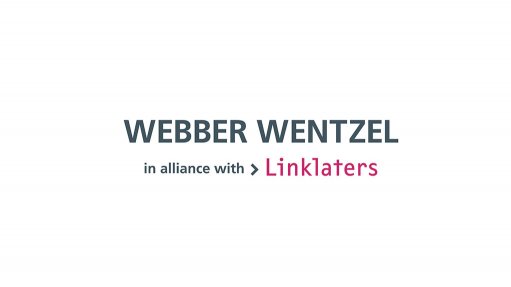
South Africa's labour market, currently fraught with high rates of poverty, inequality and unemployment, will soon see an overhaul as far as employee wages are concerned. With the National Minimum Wage Bill (the Bill) on the cusp of becoming law, the time for employers to familiarise themselves with the looming change is now. The only thing standing in the way of this ground-breaking legislation is the President's signature.
The main objectives of the Bill are to provide for a national minimum wage, advance economic development and social justice through improvements to wages of the lowest paid in society, promote collective bargaining and support economic policy.
Once enacted as law, the Bill will apply to all workers and their employers. The Bill, however, will not apply to members of the South African National Defence Force, the National Intelligence Agency, the South African Secret Service as well as volunteers who perform work for another person without remuneration. The Bill currently proposes a minimum wage of R20 per hour for ordinary hours of work.
Employers cannot circumvent the national minimum wage by agreement with employees, nor can the minimum wage be lowered through collective agreement or law (unless it is an amending law). The minimum wage will form part of the employee's employment contract, unless the employment contract provides for more favourable remuneration.
The Bill further provides that where an employer unilaterally alters the hours of work or other conditions of employment in implementing the national minimum wage, this would constitute an unfair labour practice, thus affording the CCMA jurisdiction to hear such matters.
There are, however, temporary exceptions to the national minimum wage for the first year of its operation. These exceptions are for farm workers, domestic workers and workers in the expanded public works programme.
A Minimum Wage Commission will be established, which is tasked with reviewing the national minimum wage annually and submitting a report to the Minister of Labour indicating the recommended changes to the national minimum wage. The Minister will then make any adjustment to the national minimum wage by no later than 31 March each year.
Employers should be mindful of the looming changes to the country's national minimum wage and be forewarned that any attempts to circumvent the national minimum wage may constitute an unfair labour practice.
Written by Tracy Robbins, Associate, and Rui Lopes, Candidate Attorney, Employment & Compensation Practice, Baker McKenzie Johannesburg